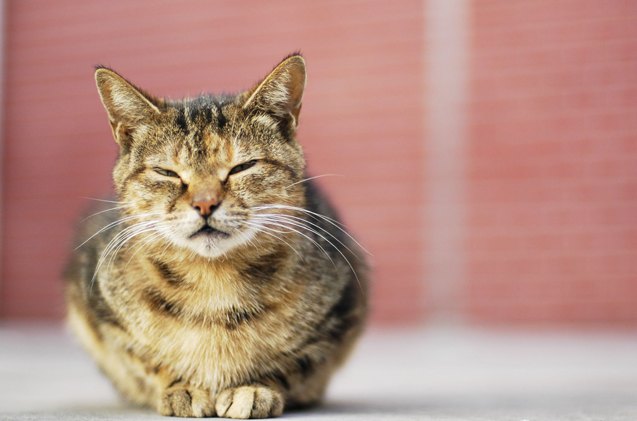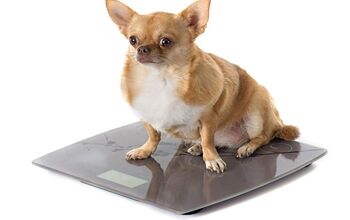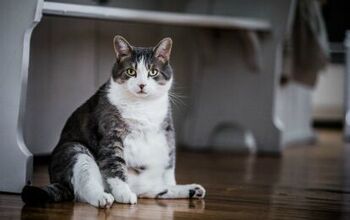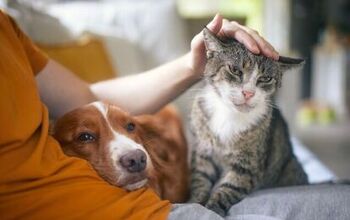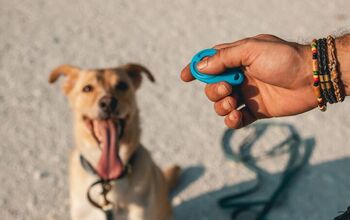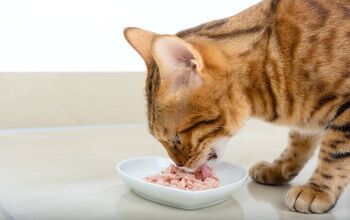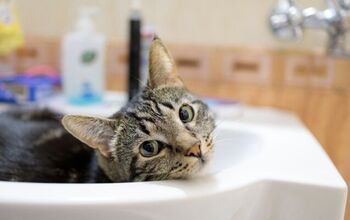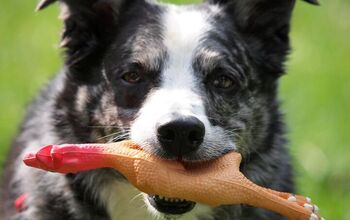Study: U.S. Pets Are Heavier Than Ever

The Association for Pet Obesity Prevention recently released data that said a record number of U.S. pets are now classified as overweight or obese. The breakdown for the overweight animals was fairly equal, with 54% of dogs and 59% of cats being labeled as overweight/obese, meaning approximately 41.9 million dogs and 50.5 million cats weigh in at unhealthy levels.
The study, which began in October of 2016, tracked 1,224 dogs and 682 cats, within 187 veterinary clinics across the country. APOP founder and veterinarian Dr. Ernie Ward says that pet obesity is still the greatest health threat to dogs and cats, and is worse now than it has ever been. Obesity kills millions of pets prematurely, and costs pet owners tens of millions of dollars that to treat avoidable obesity complications.
Related: Weighty Facts about Feline Obesity
Pet obesity not only has an adverse effect on the quality of life pets live, but increases the risk of disease like arthritis, diabetes, liver disease, and even cancer.
Dr. Ward believes that more can be done with regard to communication between veterinarians and pet owners when it comes to ideal pet weight. The research showed that over 90% of all pet owners took their pets to the vet, but only half of those reported that their vets discussed healthy weights for their pets, or complications that could occur when they were not at ideal weights. More, surveyed pet parents said that their veterinarians didn’t offer suggestions for keeping pets at a healthy weight until it seemed that the obesity was a significant issue.
Related: Study: A Dog’s Diet is Important To His Gut in More Ways Than One
That differs, however, from what surveyed veterinarians claimed. Over 60% of the surveyed vets said they discussed ideal weight with clients, and while 42% of pet parents agreed that their vets should recommend maintenance diets when needed, 64% of the surveyed vets claimed they should, showing a possible issue with pet parents feeling their veterinarian’s input was not as necessary. In fact, almost half of the surveyed pet owners obtained dietary recommendations from online sources, while only 19% of vets felt online sources provided sufficient dietary information.
Whether your vet offers advice on pet weight (and you choose to take it) or not, ensuring your pet’s health and happiness depends on a healthy weight. If your vet doesn’t discuss weight, ask. Be sure that you are giving your pet proper portion sizes, not indulging in too many treats, and giving nutritiously dense foods to your furry ones. Doing so can mean they’re with you for that much longer.

More by Lori Ennis



